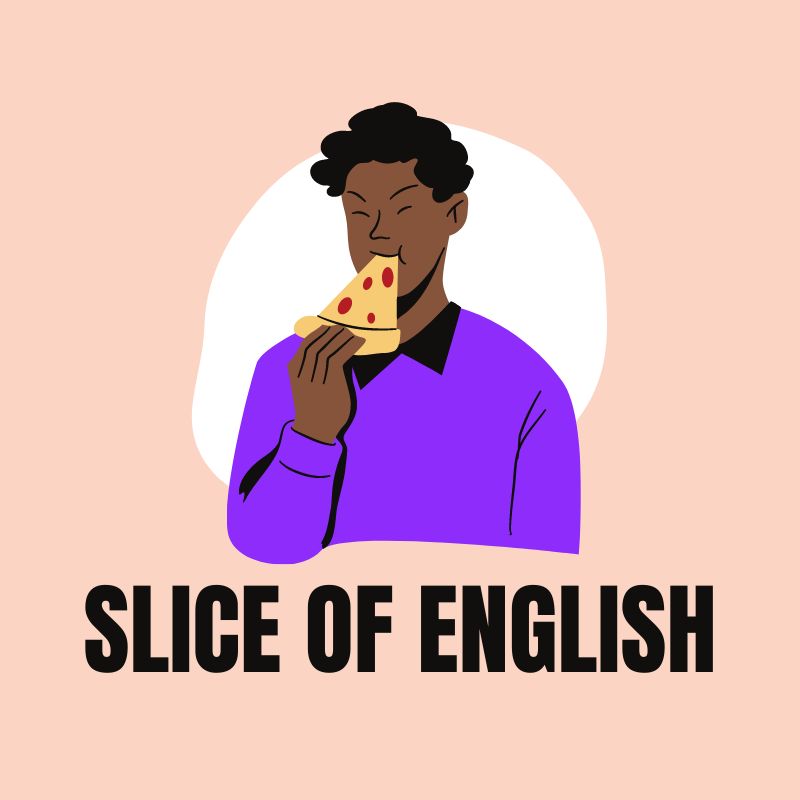
How To Say 'YES' In Various English Registers
Opis
TRANSCRIPTION (includes explanation)
These various expressions for negation span a spectrum of formality and tone. In the lexicon of everyday conversation, one might simply assert "no," "nope," or "nah," and even employ a touch of informality with "not gonna happen." When a matter is more absolute, phrases like "without a doubt, no" and "under no circumstances" make the position clear. In informal settings, a definitive refusal might take the form of "not a chance" or "ain't gonna happen," perhaps even with a touch of camaraderie, as in "nah, mate." For matters requiring decorum, a formal approach may involve phrases like "I'm afraid the answer is no" or "I must decline," while adding regret, as in "regrettably, no," imparts a sense of genuine consideration. Politeness tempers the refusal in phrases such as "I'm sorry, but no" and "thank you for considering me, but I'll have to say no," expressing gratitude for the offer. The witty turn of phrase adds a touch of humor to the refusal, suggesting impossibility with expressions like "I'd sooner sprout wings and fly" or "when pigs fly." In more elevated circles, the upper class might communicate their refusal with statements like "I regret to inform you that the answer is in the negative" or "it would not be fitting, I'm afraid," while maintaining an air of politeness. For royalty, a refusal is conveyed with grace and tact, as in "one must respectfully decline" or "I cannot acquiesce to that request," underscoring the formal nature of the response. Ultimately, the choice of expression hinges on the context and the level of decorum required for the situation at hand.
Kanał podcastu
LEARN BY LISTENING
Autor
Wszystkie odcinki

8/100 ESTAR 🏃 Los 100 verbos más importantes en español

Le parole del deserto - 3 minutes Italian

Tra reality e suocere

87 – Nati, una profe de español polaca

A2#07 Sport, valeurs et discriminations

To "Er" is Human

Nosotros Los Nobles (Mexican Movie) 🎞️🍿

Anglicismos en el español (el uso del inglés en el español)
Popularne odcinki

Natural Spanish Fluency
8/100 ESTAR 🏃 Los 100 verbos más importantes en español

3 minutes Italian
Le parole del deserto - 3 minutes Italian

Spiaggia e Dolce Vita
Tra reality e suocere

Blanca to go
87 – Nati, una profe de español polaca

Learn French with Anthony
A2#07 Sport, valeurs et discriminations

Slice of English
To "Er" is Human

Mucho que decir
Nosotros Los Nobles (Mexican Movie) 🎞️🍿

Aprendiendo español con una argentina
Anglicismos en el español (el uso del inglés en el español)